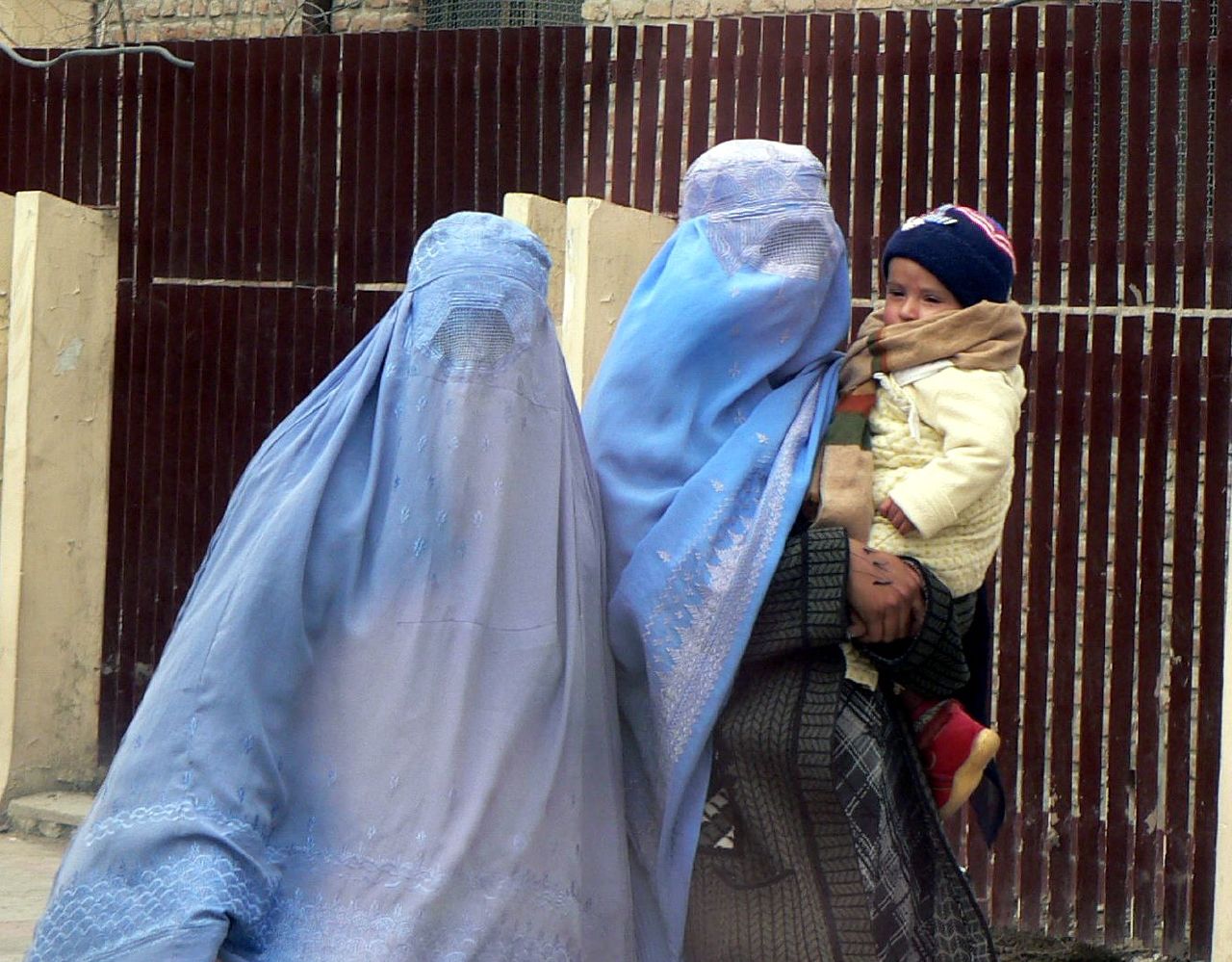- About
- Topics
- Picks
- Audio
- Story
- In-Depth
- Opinion
- News
- Donate
- Signup for our newsletterOur Editors' Best Picks.Send
Read, Debate: Engage.
| topic: | Energy |
|---|---|
| located: | Afghanistan, Pakistan |
| editor: | Shadi Khan Saif |
Within months of the Taliban’s takeover of Afghanistan, the scale of coal extracted and trucked across the border to Pakistan surged significantly, more than tripling what was shipped under the previous West-backed administration in Kabul. This comes despite the devastating damages due climate change that have wreaked havoc on both countries.
Rough estimates suggest the coal trade earned the Taliban around $160 million in tax revenue last year, and across the border, Pakistan’s energy-starved industry got a steady flow of cheap energy resources. Since Afghanistan, under Taliban rule, has limited sources of income, it has become economically dependent on coal exports, recently raising the price of coal to generate higher revenues.
Beyond these apparent political and economic aspects, the deeper problem with the coal trade has been ignored both by Kabul and Islamabad. Nothing could be more bizarre for the two countries than opting for an option that is coming back to hurt them severely.
Last year’s devastating floods triggered by climate change and worsened by poor governance in Pakistan inflicted unimaginable financial and human losses. Afghanistan has suffered similar damages from severe droughts coupled with untimely rains and flash floods, which have uprooted the agro-based economy of the war-ravaged country.
And yet, there is no shortage of natural resources in both countries for renewable and clean energy production: from solar, wind and hydro sources. Chasing cheap energy and short-term solutions, Pakistan has so far only managed to generate around 4 percent of its energy production through these means. For Afghanistan, it is even less.
The longstanding Turkmenistan, Afghanistan, Pakistan and India (TAPI) gas pipeline could be another better alternative to coal for Islamabad, while generating revenue for Kabul.
International sanctions on Afghanistan’s banking system are contributing to the dilemma as it is providing the Taliban with an excuse to rely on the cheap and rapid sale of mineral resources to the neighbouring countries that seem eager to exploit Afghanistan’s untapped mineral wealth.
China has its eyes set on Afghanistan’s rich and extensive lithium, iron and copper ore reserves while Pakistan has already accelerated the import of high-grade coal at cheap prices, which risks accelerating the melting of the Himalayan glaciers, as well as spreading environmental pollution to new heights.
In a nutshell, Pakistan and Afghanistan must go for a robust campaign to secure greenhouse gas emission compensations from the major polluters and set an example by moving to cleaner and greener energy.
Image by Hunter So

